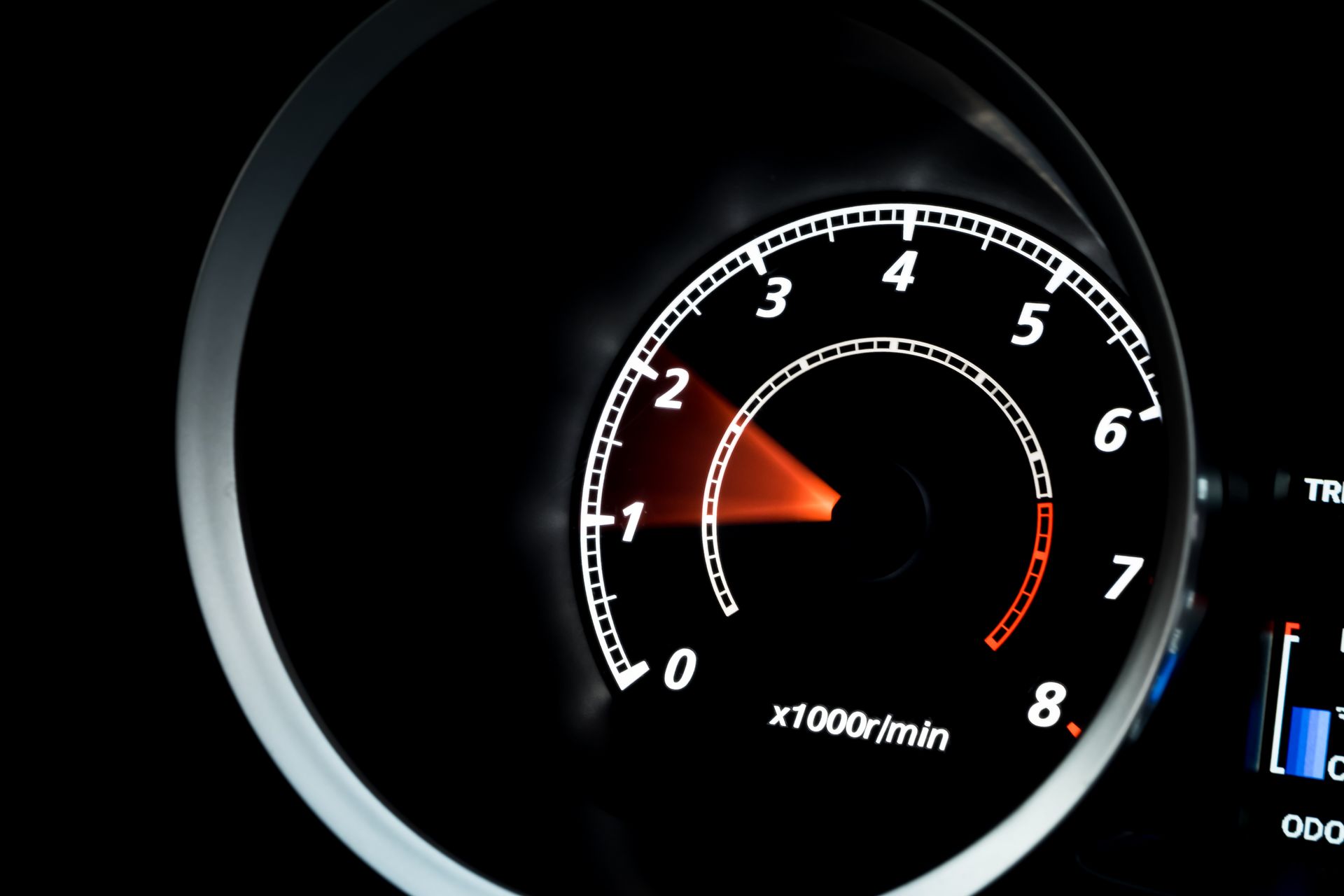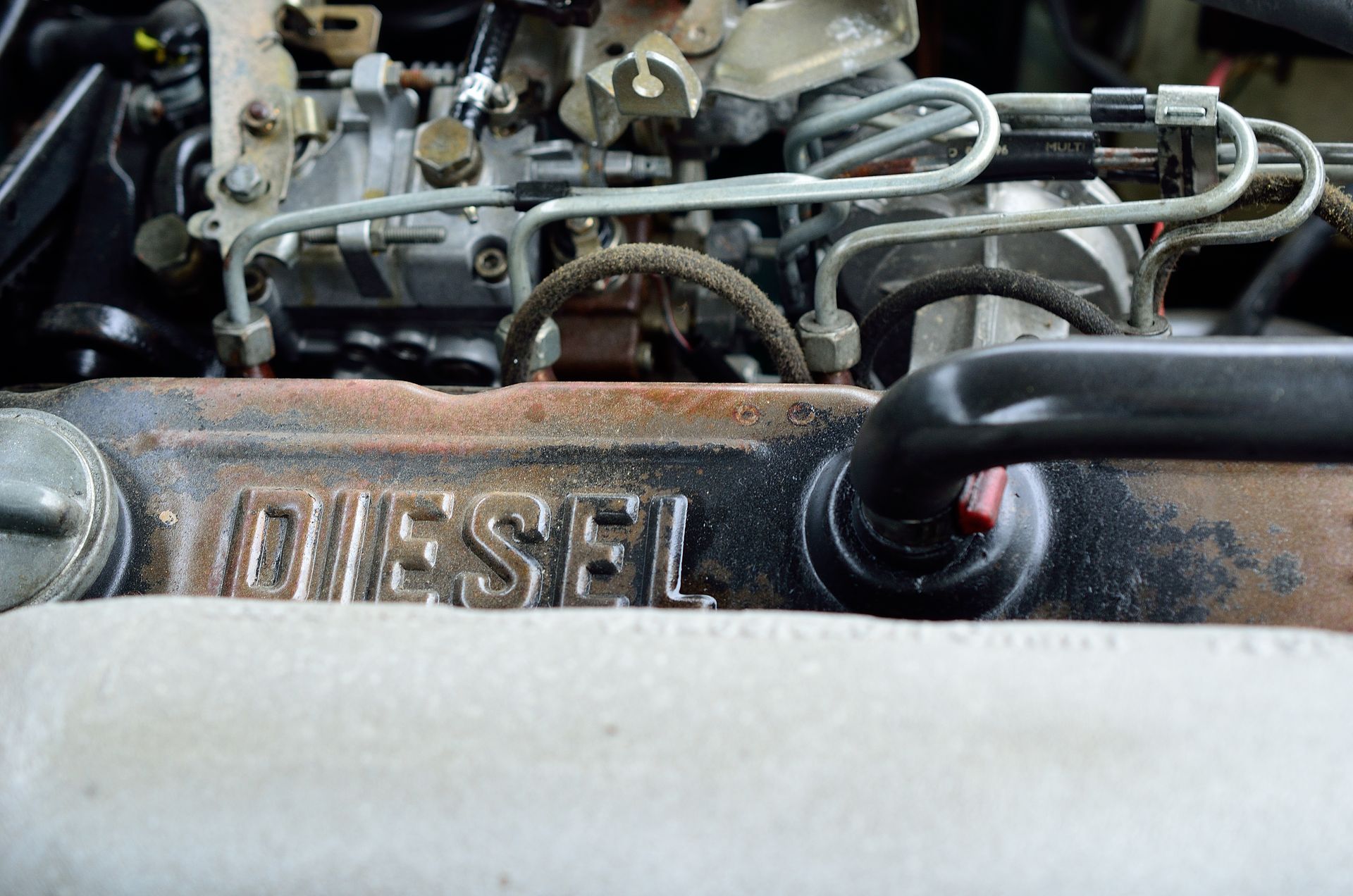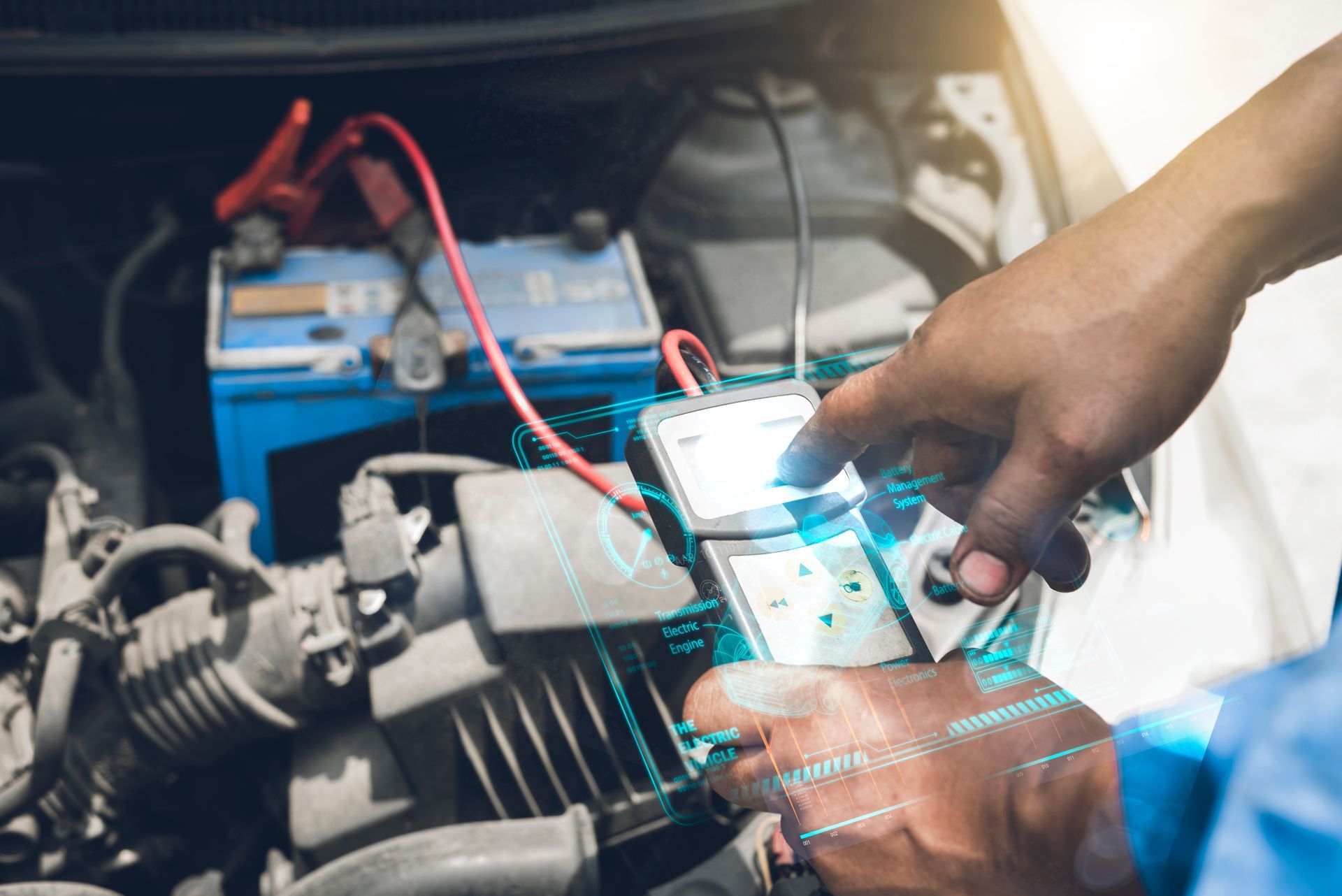Engine Overhaul in Mesa, AZ
When your engine starts to show signs of wear and tear, it can be stressful and even costly. Let us take the stress off your hands and turn to Dana Bros Auto & Diesel Service for an effective solution - engine overhaul in Mesa, AZ.
Engine Overhauls at Dana Bros Auto & Diesel Service
Our qualified technicians are experts in diagnosing and repairing engine problems. We use state-of-the-art equipment and techniques to ensure that your engine is restored to its original condition or even better. We're dedicated to providing our customers with the highest quality service and workmanship, especially when it comes to overhauls.
What Is an Engine Overhaul and Its Benefits
An engine overhaul is a cost-effective alternative to replacing your entire engine. It can also help you avoid costly repairs down the road. When you bring your vehicle to our team for your engine overhaul, you can be confident that you're getting the best possible value for your money.
Our technicians are detail-oriented and will carefully inspect your engine to determine the extent of the damage and recommend the best course of action. We'll provide you with a detailed estimate before any work begins. For questions and inquiries about pricing, please contact us directly.
Engine Overhaul Near Me
If you're looking for a reliable auto repair shop that can handle your engine overhaul in Mesa, AZ, look no further than Dana Bros Auto & Diesel Service. Contact us today at (480) 272-3496 or visit us at 8607 E. Pecos Rd. Bldg #5 to schedule your appointment.
Revitalize Your Ride – Complete Engine Overhauls at Dana Bros Auto & Diesel Service.
Featured Blogs & News




